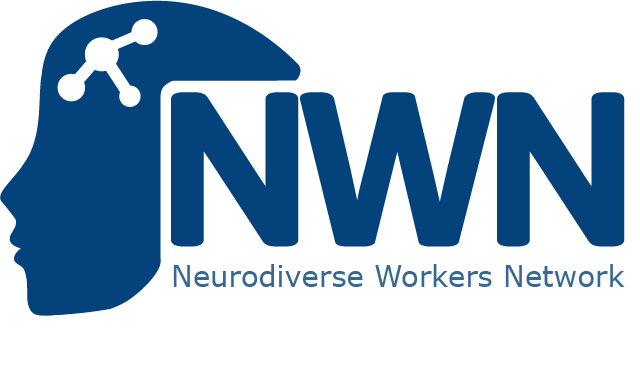Dyslexia Information
Dyslexia is a complex condition, but its main effect is to make learning to read, write and spell difficult. Not impossible, just difficult. It is not caused by lack of intelligence, lack of effort or any physical or emotional problem. It is an inherited condition and so may be passed on to children or grandchildren. It is more common than is generally realised, affecting 8% to 10% of the population.
There are various theories about what causes dyslexia, but all experts agree that it arises from differences in the brain, which affect how the brain processes information. It must be stressed that dyslexia is a ‘difference’, not a disease or a defect. Yet it is a very important difference, because it has implications for many aspects of the dyslexic person’s life. Dyslexia is recognised legally as a disability in Ireland. This is very important as it establishes the right to various accommodations that can be provided in education and the workplace.
Information above provided by: https://dyslexia.ie/info-hub/adult-dyslexia/
Dyslexia is a complex condition and affects everyone differently. Below is a list of potential ways people may be affected day to day.
- Confuse visually similar words such as cat and cot
- Spell erratically
- Find it hard to scan or skim text
- Read/write slowly
- Need to re-read paragraphs to understand them
- Find it hard to listen and maintain focus
- Find it hard to concentrate if there are distractions
- Feel sensations of mental overload/switching off
- Have difficulty telling left from right
- Get confused when given several instructions at once
- Have difficulty organising thoughts on paper
- Often forget conversations or important dates
- Have difficulty with personal organisation, time management and prioritising tasks
Information above provided by: https://www.bdadyslexia.org.uk/advice/adults/am-i-dyslexic/signs-of-dyslexia
An assessment for dyslexia is usually done with an educational psychologist. The process takes between two and three hours which includes an interview, tests and verbal feedback.
The assessment covers a range of literacy skills including reading of single words (both real and non-words), phonological awareness, reading fluency/speed, reading accuracy, comprehension and spelling.
Related cognitive skills including memory, rapid naming and other language skills are also investigated.
An IQ test may be needed to fulfil a specific requirement such as supporting applications for certain resources or accommodations. Following the assessment, a full written report is provided to the client.
The written report should highlight priority areas for intervention, and make recommendations for specific accommodations, supports and teaching approaches appropriate to the individuals identified needs.
Adults should contact the educational psychologist after they have received their report, e.g. if they have a query or are seeking extra information.
An assessment report is an important document which may be needed as evidence of dyslexia
when applying for supports/accommodations.
Information above provided by: https://dyslexia.ie/wp-content/uploads/2020/11/dyslexia_booklet_16pp_v3.pdf
